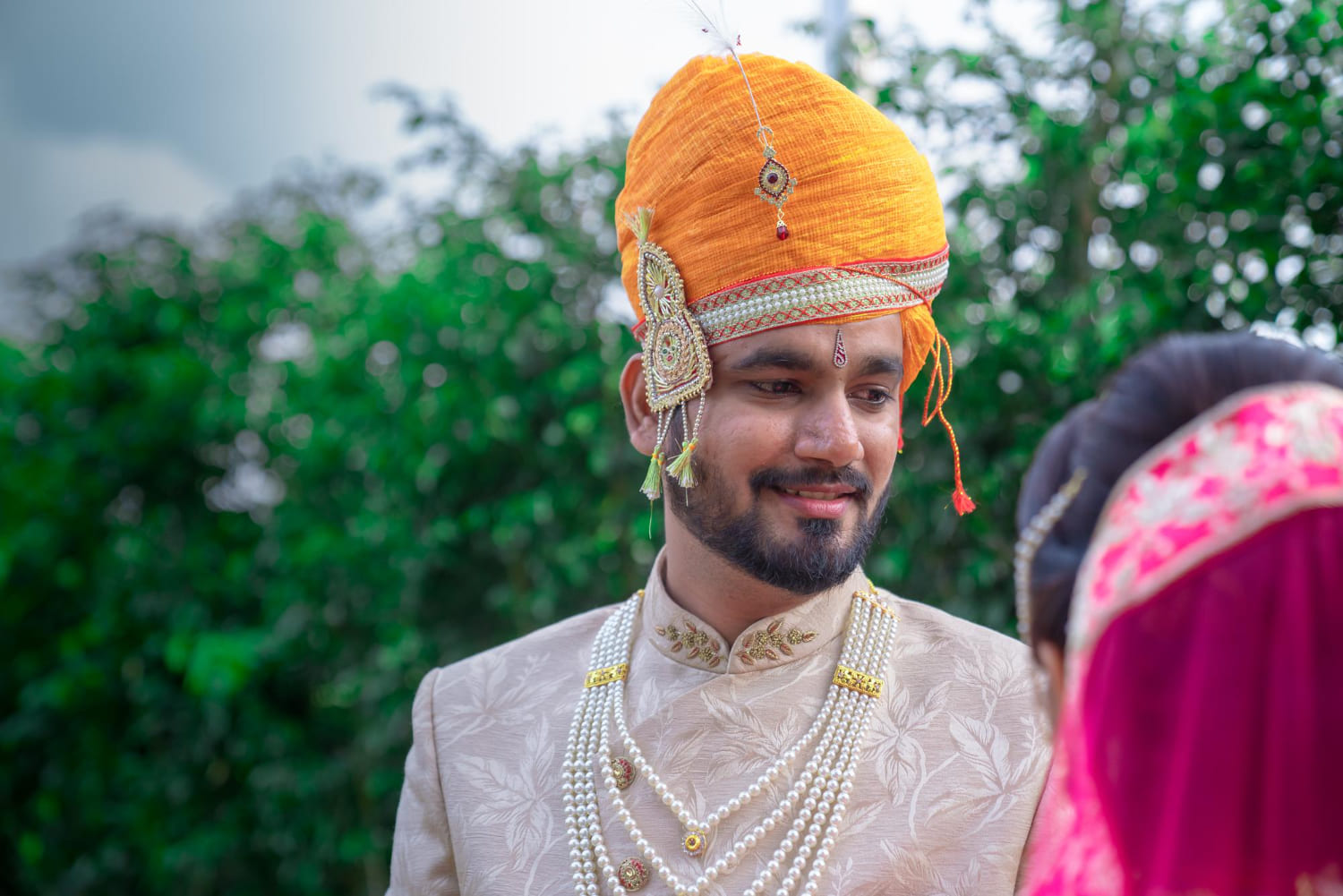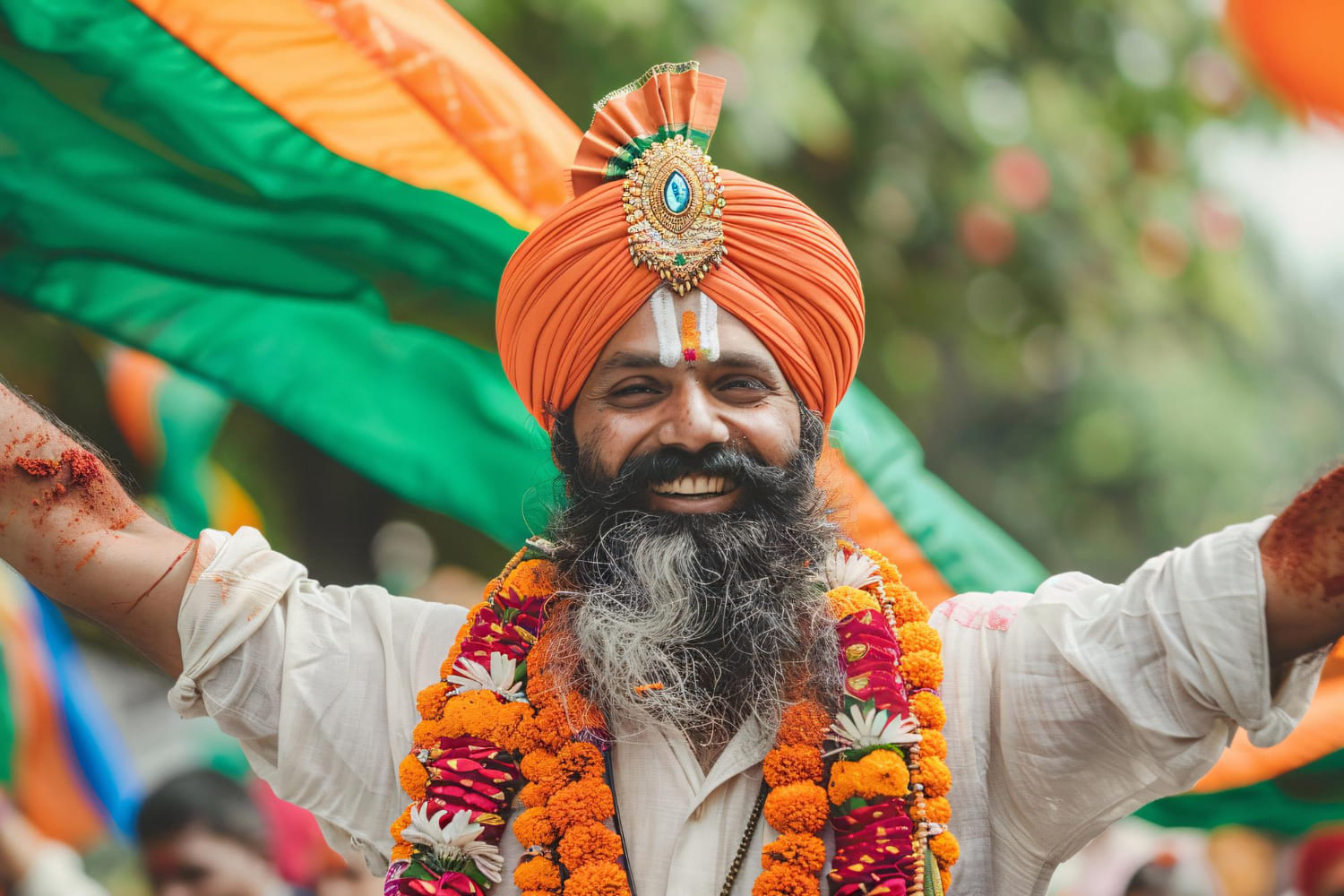Are you curious about the Sikh religion, but wonder what their thoughts are on the afterlife?
Sikhs believe in an afterlife that revolves around reincarnation. After death, you are able to reflect on the life you lived in your previous body. The way you led your previous life, either good or bad, determine who or what you are incarnated as in the next life.
The ultimate goal for a Sihk is to become one with Va-higuru, the God who is present throughout the universe, but this may take several lifetimes of reincarnation to reach this state of perfection.
This article will explain how the Sikh beliefs influence the way they see the afterlife.
How does the Sikh religion see God and the afterlife?
Much of the religion is based on the ever-present God named Va-higuru.
In order to let go of your ego and connect with Va-higuru and the universe as a whole, one must meditate by repeating God’s name, pray, and the selfishness of the ego.
Here are some of the main ideas behind Sikhism:
- Monotheistic
- The creator (God) and its creation (humans, the universe, etc.) are one
- Samsara, or life as a cycle of birth, death, and rebirth is the main theme of the afterlife
- All beings, including rocks, animals, and humans, have a soul, and it is possible for a soul reincarnate into any of these beings in the next life
- Human is the highest state your soul can have on earth
- Ego, or “homai,” is the primary cause of sin
How does Sikh reincarnation happen in the afterlife?
Though Sikh’s don’t believe in a heaven, per-se, they believe in samsara, better known as reincarnation after life. This simply means that your soul moves from one body to the next after your body dies.
Think of your body like a balloon, with the air inside the balloon your soul. Once the balloon pops, the air inside becomes part of the air outside.
So, once your body dies, your soul temporarily becomes one with the universe.
If you are asking yourself, “Well, what happens to me when I die?” Sikhs have a unique answer. When your body dies, your ego, or the “me,” no longer exists.
In the moment that you become one with the universe, your inner eye reflects on the life you lived in your physical body. In this incorporeal state, you focus on the regrets, misdeeds, or even materialistic items of your life on earth.
These thoughts, whether positive or negative, influence who or what you are reincarnated as in the next life, be it animal or human.
In your next life, you will not have specific memories from your previous life, but you will have an unconscious desire to live life more selflessly and develop a closer connection with God than your previous life.
The less focus you have on your ego, the closer you are to reaching Mukhti, or freedom from reincarnation.
In physical death, instead of connecting with God and the universe for only a moment, you are able to merge with Va-higuru.
Do Sikhs suffer consequences for actions while on earth in the afterlife?
Though the Sikhs believe in reincarnation, that does not mean you get a do-over every time your soul is born into another body.
Your actions in life, whether good or bad, will determine what form your soul will take in reincarnation.
For example, if your thoughts end up on money and wealth, you will be reincarnated as a serpent.
There is a possibility that your ego can be driven so much by sin that the inner dialogue you have with Va-higuru can be separated.
Sin, or “evils” can be broken down into five different areas:
- Lust
- Anger
- Greed
- Attachment
- Pride
Any overabundance of focus on one or more of these sins during your life would cause your soul to enter Narak, the underworld of the Sikh religion.
There, the soul will experience suffering, but not as a punishment, but as a reminder of how good life can be.
The soul can earn entrance back into the human world through prayer, meditation, and repentance.
As mentioned before, there is also a final stage in a Sikh soul’s life; one that does not end in reincarnation.
This stage is the final existence, a salvation and immortality gained by merging with Va-higuru.
Sikhs estimate that there are 8.4 million variations of life forms you can experience before reaching this state.
The only way to reach this state is by living and acting with love and compassion towards all others.
A possible summation is that your last thought before death should be on Va-higuru instead of on your ego, misdeeds, or actions of the past.
Conclusion
The Sikhs have a positive outlook on life and view death as a beautiful thing.
Death is not the end, but a change of body or spirit.
How you live is how you die, so things that you’ve left unfinished or regrets that you are leaving behind can be completed in your next existence.







